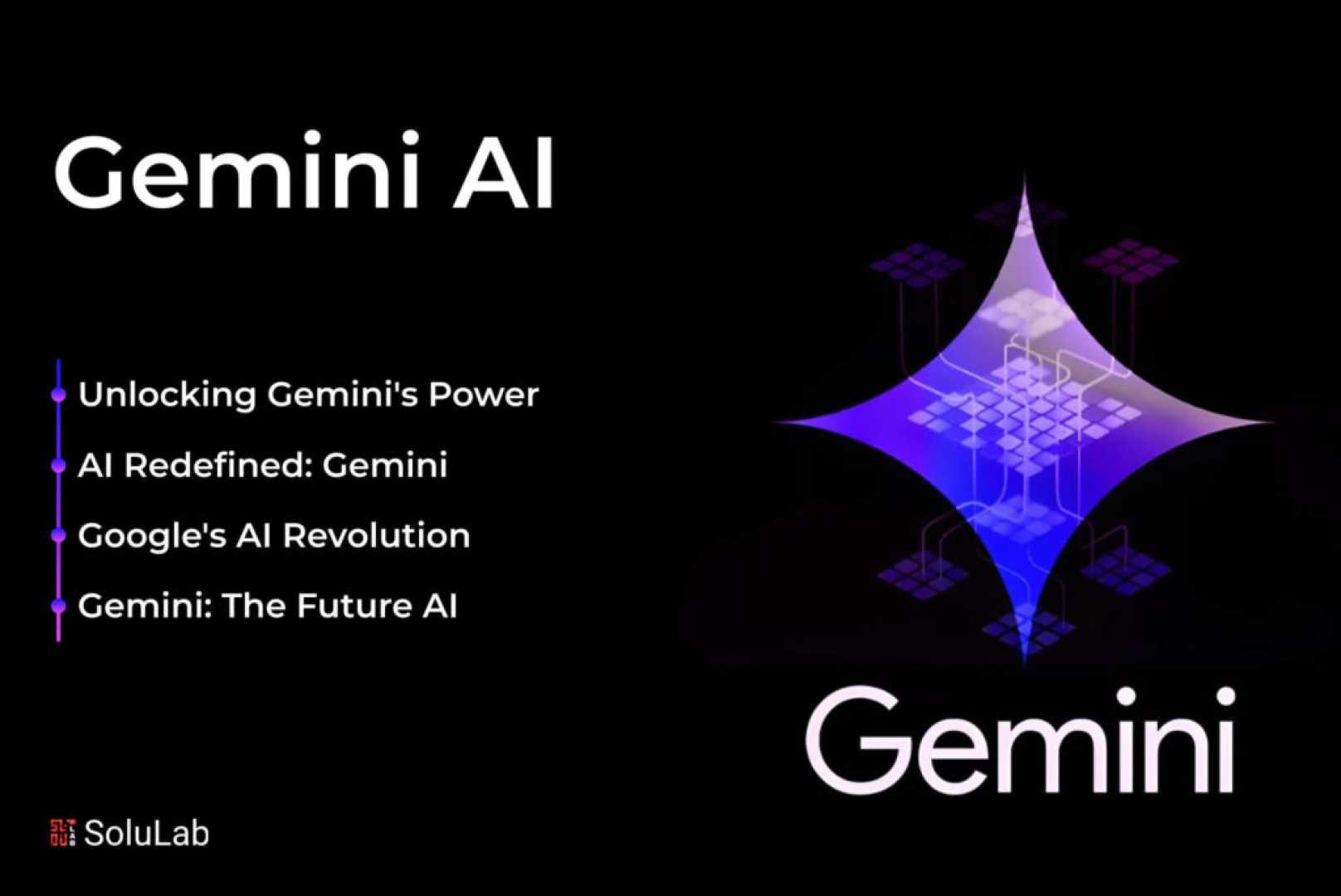Tech
Google’s Gemini AI: Revolutionizing Multimodal Interactions and AI Assistants

Google DeepMind has recently unveiled significant advancements in their Gemini AI models, marking a new era in multimodal AI interactions. The Gemini models, described as the most capable and flexible AI models built to date, are designed to seamlessly combine and understand various forms of data including text, code, images, audio, and video.
The latest updates include the introduction of Gemini 1.5 Flash and Gemini 1.5 Pro models, which offer enhanced performance and longer context understanding across different modalities. These models are part of the broader Gemini family, which also includes Project Astra, aimed at developing AI agents that can process multimodal information and respond at a conversational pace, making interactions more natural.
One of the key features of Gemini is its ability to generate code, text, and images based on diverse inputs. For instance, Gemini can create entire code blocks from natural language descriptions, revolutionizing development workflows. It also supports code analysis, providing insights and suggestions to improve code quality.
The Gemini API allows developers to integrate these AI models into various applications, such as Tldraw for natural language computing, Rooms for richer avatar interactions, and Viggle for creating virtual characters and audio narration. The API also supports on-device deployment through Google AI Edge, enabling edge ML solutions across mobile, web, and embedded applications.
For end-users, the Gemini web app and mobile app offer a range of functionalities, including brainstorming ideas, summarizing complex topics, and generating creative content like captions and poems. The app can also assist with educational tasks, such as providing practice questions and using reputable educational sources like OpenStax textbooks.
Additionally, Gemini Live, integrated with Google Pixel devices, enhances user experiences by providing smarter insights, seamless interactions, and enhanced efficiency. It can help with tasks such as finding information across multiple apps, suggesting decorations for holiday parties, and even providing step-by-step cooking instructions.












